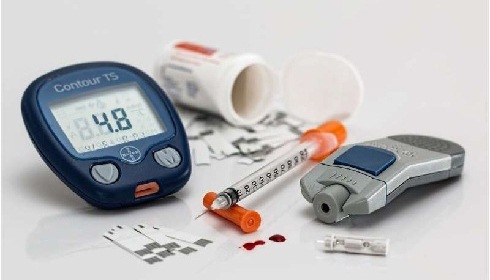
Diabetic women more likely to suffer blood clots than men, finds study
In a first study linking diabetes to venous embolism, a potentially fatal blood clot of veins, Austrian researchers found that compared to men, women are more at risk of developing the condition.
The findings of the study, published in the journal Diabetes Research and Clinical Practice recently, showed that while diabetic women are 1.5 times more at risk of developing venous embolism than women without the disease, diabetic men are 1.3 times more at risk of developing the condition.
The study carried out by a team from Vienna-based research organisation Complexity Science Hub and the Medical University of Vienna, analysed data from 180,034 patients with diabetes from a pool of 45 million hospitalisation records in Austria between 2003 and 2014 and found evidence that diabetic women, particularly around the end of their reproductive years are at higher risk of venous thromboembolism.
“Our analyses show for the first time that diabetes mellitus might be associated with venous thromboembolism (VTE) to a greater extent in women than in men,” explains Elma Dervic from the Complexity Science Hub.
“After the age of 40 in particular, the relative risk of VTE increases,” explains Carola Deischinger from the Medical University of Vienna.
According to researchers, the study further found that the effect peaks in women between 50 and 59 years of age, where the risk becomes 1.65 times higher.
“Typically, the risk of developing venous thromboembolism is about the same in both sexes,” Deischinger explained.
Pointing out that diabetes, affecting over eight per cent of the world’s population, is known to be a risk factor for VTE, Dervic added, “In our study, we again found a 1.4 times higher risk of VTE in patients with diabetes mellitus than in the control group without diabetes mellitus.”
The current study has enabled the researchers to assess the gender aspect in contrast to the traditional treatment methods could only take little account of gender-specific differences in numerous diseases, the researchers said.
“Our findings suggest that women with diabetes mellitus should be monitored more carefully for the development of VTE, especially during their perimenopause,” the last author of the study, Alexandra Kautzky-Willer, said.
However, further research is needed to be able to record this gender-specific correlation between diabetes and VTE in even greater detail, the researchers said/
“This would be an important step towards the prevention of VTE in patients with diabetes mellitus, especially if they are women,” Dervic stated.